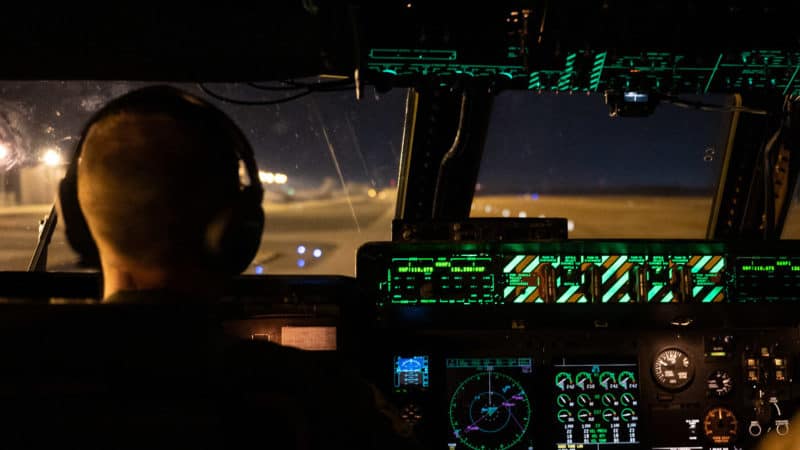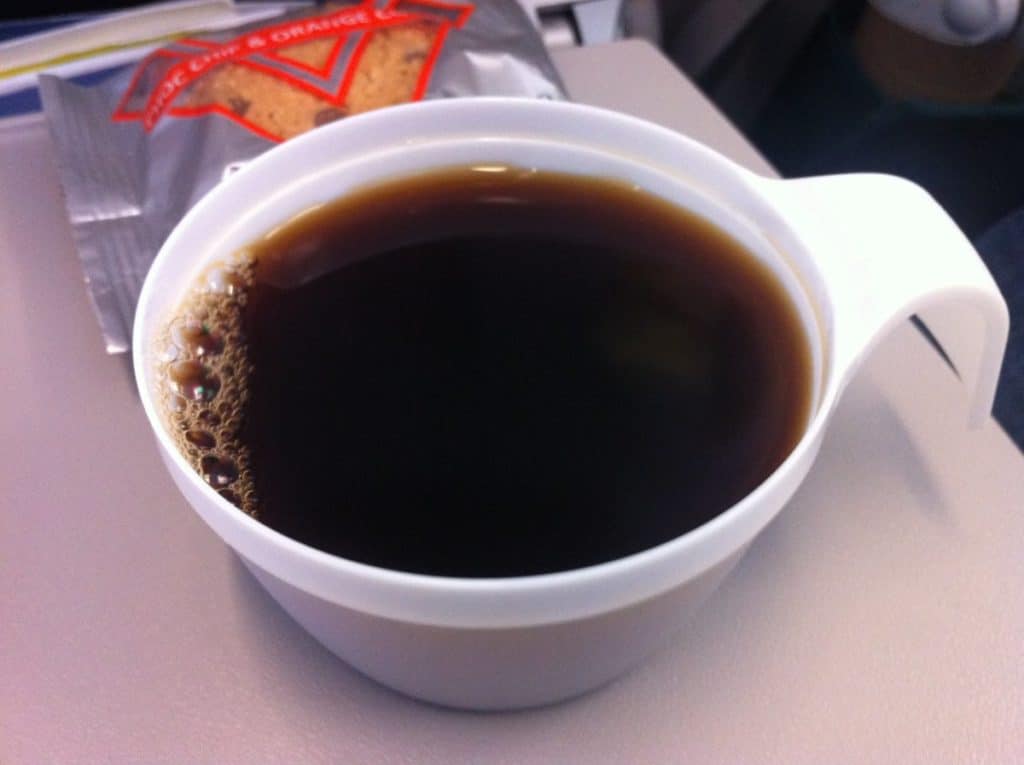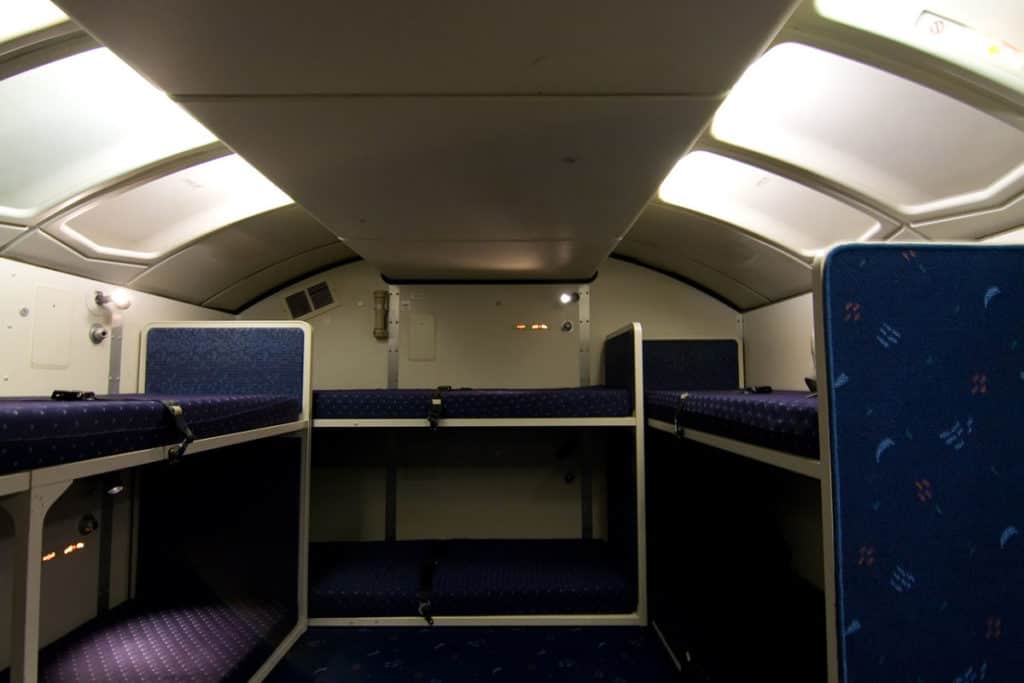
Airline pilots are frequently asked, “How do pilots avoid jet lag?” It’s an important question, considering that the safety of the aircraft’s passengers depends on a pilot’s alertness during the flight!
Flying day and night across different time zones and managing jet lag are part and parcel of any pilot’s job. So, how do you cure jet lag if you are a pilot? Well, the answer is that there is no way to avoid jet lag or cure it. You (as a pilot) must learn to manage it, that is all.
Common ways pilots avoid jetlag is staying hydrated, good rest, avoiding caffeine and alcohol, exercising, or sleeping on the airplane. For long-haul flights airlines use multiple pilots for the flight to allow each pilot to get some rest. The more time zones that are crossed, the worse the jet lag.
Airline pilots are always on the move from one-time zone to another. This comes at the cost of disruption to their circadian rhythm, a repetitive natural and internal process in the human body to regulate the sleep-wake cycle every 24 hours. Here are some of the best ways to combat jet lag.
Tips Pilots Use to Avoid Jet Lag
The six tips mentioned below help pilots, and you manage jet lag and its side effects.
1. Stay Hydrated
According to a Harvard Health study, dehydration can worsen the symptoms of jet lag. Therefore, drinking plenty of fluids is one of the best things a pilot does while flying. While water is highly recommended, pilots alternate between juices, carbonated beverages, and electrolyte drinks.
Not only is it important for the flight crew to remain hydrated, but also for the cabin crew too. For those of you with keen eyes, you will notice the crew always have a drink on hand in the vestibule areas of the airplane.
2. Minimize Caffeine Consumption
While drinking fluids can help maintain hydration levels, drinking caffeine is not the best thing for a pilot. Therefore, pilots try to limit their caffeine intake. Caffeine can help keep a pilot awake in the short term but drinking too much can overstimulate the brain leading to shakes, overthinking, increased heart rates, and possibly poor decision-making.

Most pilots soon know how much coffee they can drink during overnight flights or those flights which cross multiple time zones without any adverse effects, however, the more that coffee is consumed, the more the body becomes immune to it.
3. Follow a Healthy Diet Plan
Everyone is well aware of the benefits of eating healthy. You must choose your diet smartly as it will reduce the risk of you developing digestive issues. A well-balanced diet that includes fruits and vegetables will be healthier than one made up of snacks and fat or calorie-loaded food items.
Pilots try to keep body sugar levels to a minimum because they may experience an initial sugar rush, which can lead to a sugar crash later during the flight. Eating a protein-based diet including some carbohydrates is also a good option and is why pilots usually have the same meals as the first-class passengers!
4. Rest
Following a consistent sleeping pattern or bedtime routine is almost next to impossible for pilots and crew members. This is especially true for those flying into different time zones on a regular basis.
Despite the fact that pilots may be experiencing frequent time changes, it is important for them to get a good night’s sleep, regardless of whether they experience jet lag or not.
Most flights into different time zones will either return back to the same timezone the same day or will require an overnight stop before returning back. If the stops are of only a single night most crews will stay on their regular timezone clock to help minimize the jet lag.

Join My Newsletter & Get Great Tips, Information and Experiences To Help You Become a Superb Pilot!
5. Sleeping on the Plane
Whether you fly in the same time zone or across the continents, it is normal to feel fatigued during the flight due to the low oxygen supply. When you are flying at 35,000 or 39,000 feet above sea level, the amount of oxygen in the cabin’s air is way less than at sea level. This affects both you and the flight crew.
While passengers can rest their eyes or doze off, pilots most often cannot afford that luxury. However, to allow the pilots to help avoid fatigue buildup on long-haul flights, a controlled rest procedure is officially in place in most airlines.

According to the protocol, only one pilot may take a limited amount of rest during the flight, while others monitor the cockpit. For crews on very-long flights, the aircraft may be equipped with integrated bunks to allow a rotating crew the chance to rest.
6. Avoid Alcohol
As a pilot, they are aware that they cannot drink in the cockpit or anywhere else on the plane, for that matter. The effects of alcohol decrease their brain’s ability to use oxygen properly. However, according to the Federal Aviation Authority (FAA) guidelines for pilots, drinking alcohol at a higher altitude magnifies its adverse effects.
The FAA has issued the following guidelines that all pilots must adhere to: 14 CFR Part 91.17.
This states that a pilot must not drink alcohol at least 8 hours before the flight, they also have to be aware that consuming large volumes of alcohol before flying requires longer than 8 hours for the body to process.
For this reason, the FAA also stipulates that any pilot must be fit for duty. This gray area relies on the pilots to be responsible and give the necessary time period before boarding their aircraft.
Learn More…
Try These Articles:
* How Do Airplanes Handle Lightning Strikes?
* How Do Airplanes Not Freeze?
How Long Does Jet Lag Last?
Typically, it takes one to two days for your body to adjust to an hour change in your circadian rhythm. For large changes in time zone, it can take the body up to a week or two to fully recover and adapt to the new time zone. During this time jet lag can cause nausea, tiredness, dizziness, loss of appetite
Due to the nature of their jobs, pilots do not have the luxury of sleeping off the exhaustion caused due to jet lag. Therefore, it is important they learn to handle it because being a pilot is not a 9 to 5 job but more like a lifestyle.
When pilots first move onto a flight line that really disrupts their circadian rhythm it can take several months for them to learn how their body reacts and what they can do to minimize the effects of jet lag. By using some or all of the tips mentioned above pilots can recover from jetlag far quicker than their passengers.
To Finish
Being a pilot is a dream job for many. However, it requires serious lifestyle adjustments and compliance with personal and professional codes. If you are a pilot, try and get some sleep once you arrive at your destination; the sooner, the better.
Apart from that, get some fresh air, walk around, and eat healthy meals. However, you must follow the local day and night schedule for eating and going to bed. Following the above-mentioned tips will certainly help pilots avoid jet lag.

